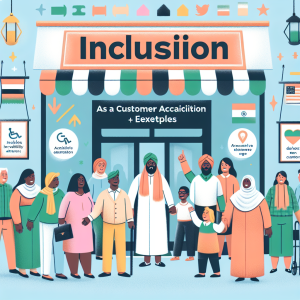A Look Inside the Mind of Vinod Khosla: What Worries Him Most?
Vinod Khosla, the renowned tech investor and co-founder of Sun Microsystems, isn’t known for mincing words. He recently sat down with the Greymatter podcast, hosted by Sway Ventures’ Rohit Sharma and Sarika Bajaj, and dove headfirst into the topics that keep him up at night.
The Perils of Short-Term Thinking
At the forefront of Khosla’s concerns is the pervasive short-term thinking that seems to dominate many sectors, including, surprisingly, venture capital itself. He criticizes the pressure to chase quick returns, arguing that true innovation often requires a longer runway and a higher tolerance for risk.
This myopic perspective, he believes, hampers the development of groundbreaking technologies with the potential to address some of humanity’s most pressing challenges. Khosla points to climate change as a prime example, emphasizing the urgent need for bold, long-term investments in clean energy solutions.
Bureaucracy: A Stifling Force on Innovation
Another significant concern for Khosla is the ever-growing burden of bureaucracy. He argues that excessive regulation and red tape are stifling innovation across various industries. He cites healthcare as a particularly egregious example, pointing to the cumbersome processes that hinder the development and adoption of new treatments and technologies.
Khosla believes that streamlining these bureaucratic processes is crucial to fostering an environment where innovation can thrive, ultimately benefiting society as a whole.
The Promise and Peril of AI
Artificial intelligence (AI) is undoubtedly one of the most transformative technologies of our time, and Khosla recognizes both its immense potential and inherent risks. He expresses concern over the potential for AI to exacerbate existing inequalities and displace jobs on a massive scale.
However, Khosla remains optimistic about the future. He believes that AI, if developed and deployed responsibly, has the power to revolutionize industries, improve lives and create a more equitable world.







